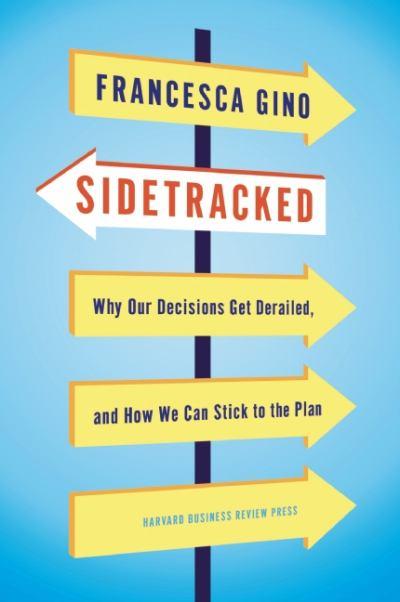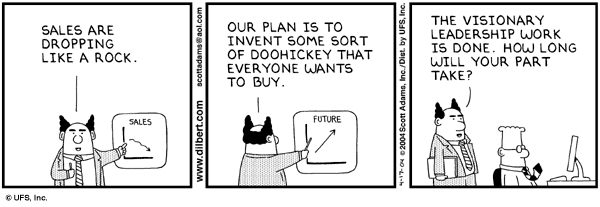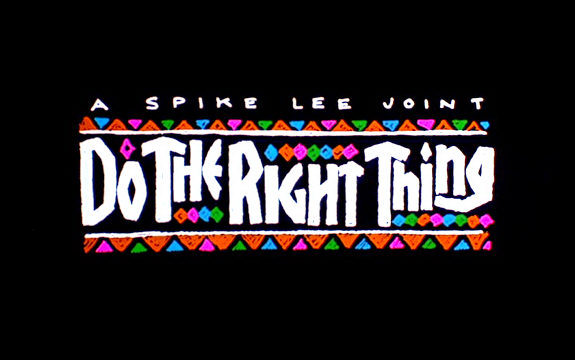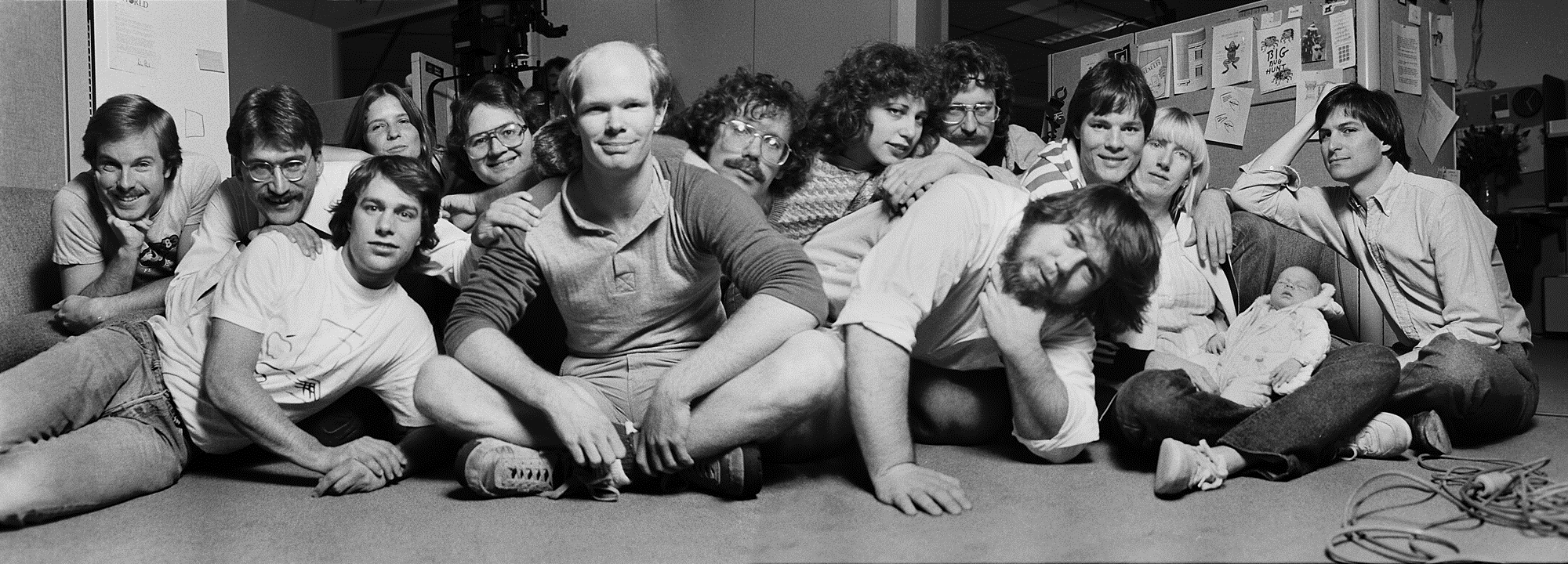How to find your passion
w to find your passion has been an eternal question. First it's important to ask "What is a passion?" Researchers found there are two types of passion: harmonious and obsessive. The latter is a bad thing, more like an addiction or being a stalker. We'll focus on the former, thanks. So what defines harmonious passion? Robert Vallerand and colleagues came up with a "Passion Scale." How many of these are true of an activity you engage in? Via Ungifted: Intelligence Redefined:…
6 minutes
Can a messy office make you more creative?
at messy office might be inspiring great ideas... New research shows that an organized office might make you behave better but a messy office can lead you to more creative breakthroughs: Order and disorder are prevalent in both nature and culture, which suggests that each environ confers advantages for different outcomes. Three experiments tested the novel hypotheses that orderly environments lead people toward tradition and convention, whereas disorderly environments encourage breaking with tradition and convention — and that both settings…
4 minutes
Harvard professor Francesca Gino explains how to be a better person
Francesca Gino For this interview I spoke with Francesca Gino. She's a professor at Harvard Business School and the author of Sidetracked: Why Our Decisions Get Derailed, and How We Can Stick to the Plan. We discussed being a better person, giving good gifts, smart decision making, the power of introverted leaders and how rituals can improve our lives. ———–——— Reminders are the secret to being a better person Francesca Gino: Even good people can end up doing the wrong thing. We…
5 minutes
9 things you need to do to be seen as a fair leader:
at makes a fair leader? Being a fair leader is no easy task. Albert Bernstein is a business consultant and a practicing psychotherapist with a knack for teasing out how fundamental human drives play out in the office. He gives deep insight into why we behave the way we do in a work context and the hurdles we need to overcome to best get things accomplished. Via Sacred Bull: The Inner Obstacles That Hold You Back at Work and How to Overcome Them:…
3 minutes
What 3 tricks will get people (including yourself) to do things right?
at does it take to get people to do things right? It's an important question. And the answer is not as hard as you might think. But as you'll see, a lot of people had to die before someone realized what works. 1) Make a checklist I've posted before about the power of checklists and Atul Gawande's excellent book on the subject. We're all prone to simple errors. And in some fields these errors are quite costly. In medicine,…
3 minutes
10000 hours is a long damn time: What are the 7 steps to genius?
bsp; 10000 hours? Seriously? So why has this 10000 hours-to-genius idea that Malcolm Gladwell popularized loomed so large? It feels good to think we could all be great, that we're not at the mercy of our genes. But David Shenk also believes there's a second reason: the dread it instills in us. The notion that we're now responsible for whether or not we become great can be a gnawing burden that the mind finds hard to let go. Via The Genius in…
5 minutes
Behavior change: How do you get people to do the right thing?
at's a simple way to cause behavior change? Behavior change is not easy. But there's a great TED talk that shows a simple way to influence people to do the right thing. And it leverages a principle we can all use in our daily lives. Alex Laskey spoke about how we can use the psychology of behavior change to get people to reduce their energy consumption. Grad students hung signs on people's doorknobs, asking them to turn off their air-conditioning and…
2 minutes
Great groups: What 15 things do breakthrough genius teams share?
rren Bennis and Patricia Biederman studied a number of breakthrough great groups to see what made them so successful. They compiled the results into their book, Organizing Genius. They looked at the Disney's Animation division, the Manhattan Project (developed the nuclear bomb), Xerox PARC (designed the modern computer interface), the 1992 Clinton campaign (pulled off an enormous victory), Lockheed's Skunk Works (created the U2 spy plane and the Stealth Bomber), and others. What makes Great Groups? Highlights from Organizing Genius: 1. Greatness starts with…
6 minutes







